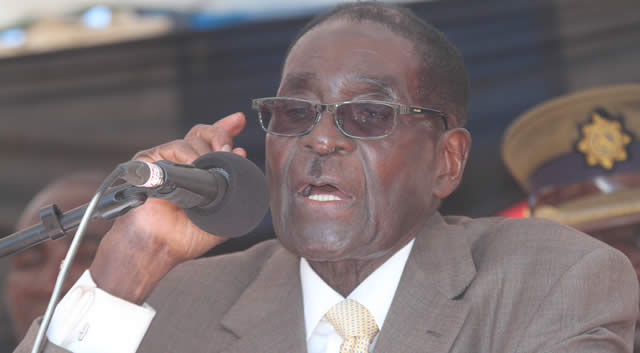Unpredictable, risky nature of hospitality sector work

Leonard Ncube
THE tourism industry is one of the key sectors of the economy, contributing around 10 percent to the Gross Domestic Product and employing an estimated 40,000 workers countrywide.However, despite the significance of their industry and their work, workers in the sector are the “most” disadvantaged as most of them are subjected to short term contracts because, according to operators in the sector, the industry is mostly unpredictable.
Workers sign different kinds of contracts and as a result most of them are not entitled to pension or clear cut bonuses because the industry is mostly seasonal.
While operators who include hunting safaris, activities and hotels have core staff that is on permanent contracts, the majority are employed seasonally.
As the country marks Workers’ Day tomorrow, workers in the tourism and hospitality sector have expressed concern over their failure to get bonuses, maternity leave and pension. They lamented their challenges in applying for loans because of the kind of contracts they are given.
“We’ve never been paid a bonus and women have no maternity leave. Once one gets pregnant she loses the job and would’ve to reapply if she wants to be re-employed. All this means that we’re disadvantaged because we won’t have pension when we retire. It’s a known fact that one is eligible for a pension contribution when he or she works for the same company continuously for a year,” said a worker, speaking for the majority of workers in the hospitality and tourism sector.
Misheck Ngwenya, who co-runs Maganu Adventures insists that the largely temporary employment system they use is legal and the most feasible.
He said it is not possible for them to employ permanent staff because of a number of factors, particularly the fact that the industry is unpredictable.
“We’ve some who are employed permanently but the problem is that the industry is unpredictable. We’re hit hard by a number of issues such as Ebola last year which make business difficult. It’s difficult and risky to employ workers on permanent basis because it’s not every day that we have business,” said Ngwenya.
He said none of the operators in the sector would survive if they employed all their workers on permanent basis because they wouldn’t afford to pay them when business is low.
President of Employers Association for Tours and Safari Operators of the Leisure Tourism Industry, Clement Mukwasi, said workers in these sectors are recycled seasonally.
“There are various kinds of contracts in the sector. There are four types of contracts which are casual, fixed, seasonal permanent and permanent. The most common is the fixed contract which sometimes can be for three months on the job subject to renewal. These are provided for by the Labour Act and fixed contract is the most preferred by operators in the tourism sector,” said Mukwasi.
He said seasonal permanent contracts are for those in sector 1B which involves hunting activities that are done during specific months where the longest contract can be eight months.
“Employers prefer fixed contracts because tourism isn’t a predictable industry as there are a lot of factors that affect arrivals and activities. For example, last year we were affected by Ebola which led to a drop in arrivals.
“In tourism bookings can be cancelled anytime. We don’t want a situation whereby the employer can fail to pay workers because they are permanently employed. To safeguard against that, we enter into fixed term contracts. Workers are recycled especially in rafting whereby workers are engaged when the season is high and released when it’s low,” said Mukwasi.
He said those on permanent contracts are mostly the administration staff.
There were concerns from workers that such arrangements disadvantaged them as they cannot plan for their families because of irregular salaries.
Mukwasi said: “We don’t think it’s a disadvantage to workers. They should plan and sustain the off season period.”
On the issue of bonuses Mukwasi said the employer “donates” 10 percent of monthly takings to workers as tips. According to him employers take this as equivalent to a bonus although it is not they who tip workers but guests who do so on a voluntary basis.
“Every company pays incentives to its workers. We don’t give a 13th cheque as that is covered by these monthly incentives,” he said.
In terms of pension, he said workers get gratuities calculated according to the sector one belongs to and period of service.
On average, a worker in the tourism sector earns a salary of $300. The different sectors are those in sector one which offers main activities at resorts like cruises, helipads, bungee jumping and animal rides and is arguably the biggest employer with about three quarters of workers in the sector according to estimates.
Sector 1B is a combination of leisure activities and conservation such as hunting while sector two comprises conservation, forestry, anti-poaching which rely on handouts for survival.
The sector falls under the National Employment Council (NEC) Tourism which also includes safari lodges.










Comments